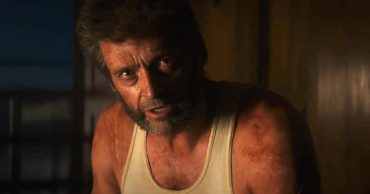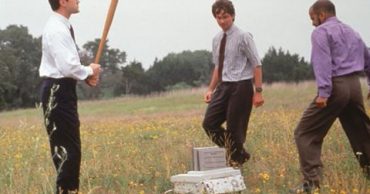Born on March 27, 1963, Quentin Tarantino is one of the greatest filmmakers of his generation. Tarantino has long established himself as a force to be reckoned with as a director, screenwriter, and actor. While most of his reputation has been built on his directorial skills, Tarantino has often written the screenplays of most of his films.
Quentin Tarantino has earned a reputation for the use of profanity (especially racial slurs) and graphic violence in his films. Over the years, this has made him an easy target for film critics. Nonetheless, critics acknowledge his filmmaking style and writing prowess. Honoring his screenwriting talents, these are the top 7 best Quentin Tarantino’s screenplays.
Reservoir Dogs (1992)
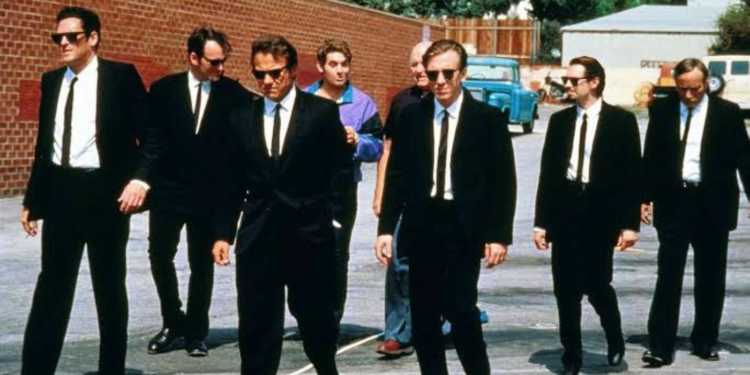
A good place to start with Quentin Tarantino’s screenplays is with his feature-length directorial debut Reservoir Dogs (1992). It makes the list as proof that Tarantino isn’t an average screenwriter or filmmaker. Reservoir Dogs is an independent film directed and written by Tarantino, who initially planned to produce the script on a $30,000 budget. Despite being a Box Office failure, Reservoir Dogs became a cult film and found success in its home media releases. At the time, Tarantino was a young filmmaker whose only work was an amateur film, My Best Friend’s Birthday, which he co-wrote and released in 1987. Watching Reservoir Dogs is a good way to catch up on Tarantino’s earliest works and growth. It is rated as the “Greatest Independent Film” by Empire magazine.
Pulp Fiction (1994)
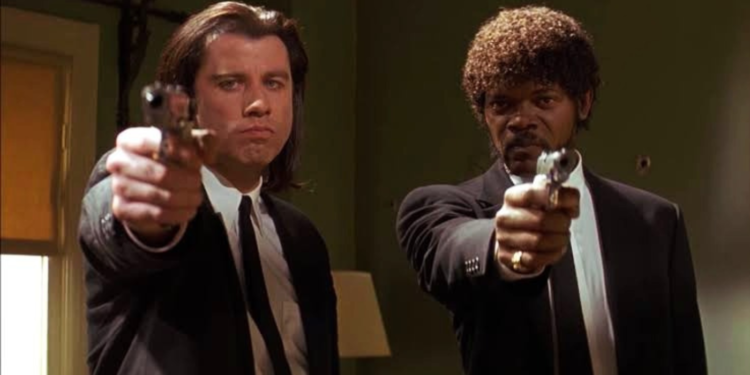
Much of the success of Reservoir Dogs came from Quentin Tarantino’s sophomore feature-length film Pulp Fiction (1994). With the latter’s popularity, audiences were thrilled to watch what he had done earlier. Pulp Fiction is one of Tarantino’s most praised screenplays by critics, with audiences loving every aspect of its storyline. Pulp Fiction was a Box Office juggernaut, grossing a whopping $213.9 million on a $8–8.5 million budget. However, although Tarantino is credited as the film’s writer, the story was developed alongside Roger Avary. Pulp Fiction earned Tarantino his first Academy Award nomination and win for Best Original Screenplay. He also won nominations at the BAFTA Awards, Cannes Film Festival, and Golden Globe Awards. Pulp Fiction was selected by the Library of Congress for preservation in the National Film Registry in 2013.
Kill Bill Films

Quentin Tarantino spent about 18 months writing the script for Kill Bill. However, when he submitted the drafts, former film producer Harvey Weinstein pressured him to split the script into two films. Thus, Kill Bill: Volume 1 (2003) and its sequel, Kill Bill: Volume 2 (2004), were conceived. Both of the martial arts films were a critical and commercial success. With both films produced on a similar $30 million budget, Volume 1 grossed $180.9 million, while Volume 2 grossed $152.2 million worldwide.
Inglourious Basterds (2009)

Although Inglourious Basterds (2009) was eventually released in 2009, Quentin Tarantino had written the script as far back as 1998. However, he struggled with finding a “perfect” ending. Tarantino abandoned the script and worked on the Kill Bill films and Death Proof (2007) before returning to Inglourious Basterds. The film’s star-studded cast was led by Brad Pitt, who played Lieutenant Aldo Raine. Inglourious Basterds was a critical and commercial hit, grossing $321.5 million on a budget of $70 million. Tarantino received his second Academy Awards nomination for Best Original Screenplay, with similar nominations at the Golden Globe Awards and BAFTA Awards.
Django Unchained (2012)
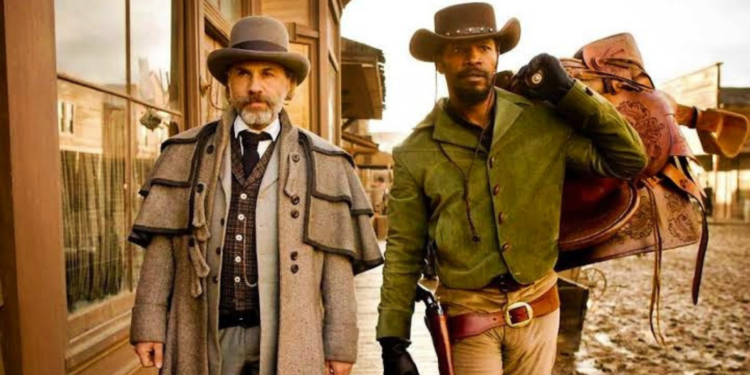
Django Unchained (2012) is Quentin Tarantino’s highest-grossing written screenplay, earning $426 million on a $100 million production budget. Tarantino had conceived the idea to write and produce a film about slavery but as a spaghetti Western. However, while writing a book about Italian filmmaker and screenwriter Sergio Corbucci, he got the idea for the story’s direction. Unsurprisingly, Tarantino used Corbucci’s Django (1966) as one of the inspirations for the direction of Django Unchained. Tarantino’s Django Unchained earned him his second Oscar as a screenwriter. His screenplay also won at the BAFTA Awards, Golden Globe Awards, and Critics’ Choice Movie Awards.
The Hateful Eight (2015)
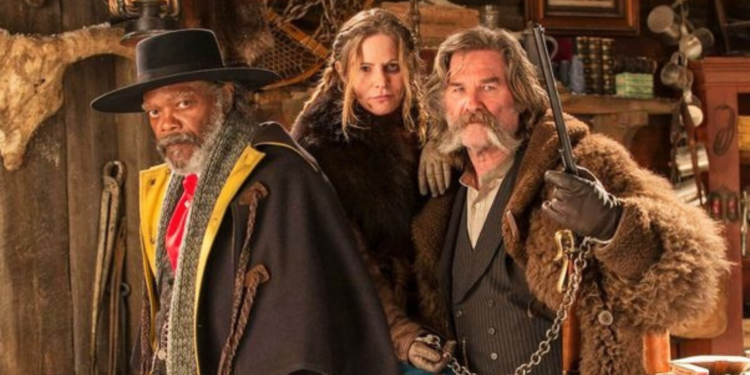
Quentin Tarantino followed up Django Unchained with an actual Western mystery thriller, The Hateful Eight, in 2015. Tarantino intended for the film’s initial script to be a sequel to Django Unchained but chose to make it a standalone movie. After the script leaked, Tarantino considered turning the project into a novel. He later chose to write two new drafts, making alterations to the first draft, especially its ending. The Hateful Eight had an ensemble cast that included notable names like Samuel L. Jackson, Kurt Russell, Tim Roth, and Michael Madsen. Although the screenplay didn’t earn Tarantino an Oscar nomination, he received nominations at the Golden Globe Awards, BAFTA Awards, and Critics’ Choice Movie Awards.
Once Upon a Time in Hollywood (2019)
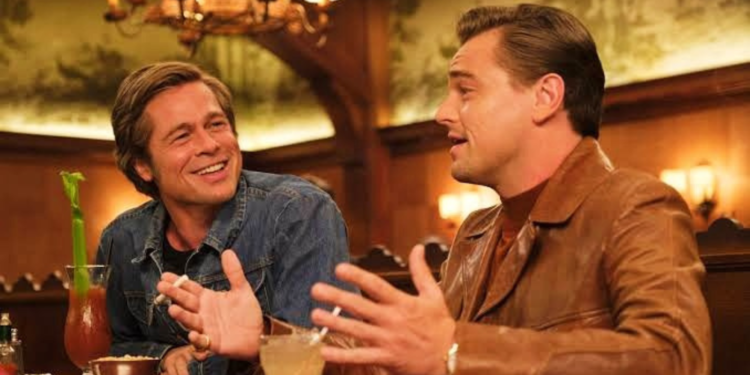
Once Upon a Time in Hollywood (2019) is currently Quentin Tarantino’s last screenplay and directed feature film. Following the sexual abuse allegations raised about Harvey Weinstein, Tarantino cut ties with working with The Weinstein Company. Tarantino spent years writing the screenplay of what became Once Upon a Time in Hollywood. For the first five years, Tarantino had written the draft like a novel. It all began to come together while filming Death Proof (2007), where he noticed the bond and relationship between Kurt Russell and his stunt double, John Casino. Unsurprisingly, Quentin Tarantino‘s Once Upon a Time in Hollywood screenplay earned him nominations at the Academy Awards, Golden Globe Awards, BAFTA Awards, and Critics’ Choice Movie Awards, which he won.
 Follow Us
Follow Us
